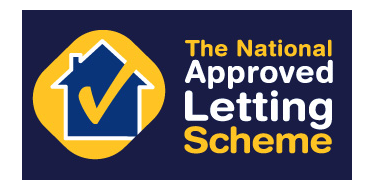However, this can cause problems in the longer term. At Addison Giles, we are pleased to say we have helped many landlords let property in an effective manner. If you are looking to let property, here are some steps you should take before you rent.
Review your lease
If you are a leaseholder at your property, you need to review the conditions of your lease. There are some leases which do not allow sub-letting and this means that this style of property cannot be used by a landlord to rent.
This is something that you should review when buying property but given that there are so many things to consider when buying property, some things can be overlooked. Therefore, always make sure you doublecheck your leasehold before making a commitment.
Inform your mortgage lender
If you own a property that you are now looking to let, it is important that you notify your mortgage lender. This is because some mortgages have specific conditions of use. Your current mortgage may not be suitable for a buy-to-let property.
Most mortgage lenders will look to provide you with a solution to find an acceptable mortgage for your needs, but if you don’t inform them of the change in your circumstances, you may end up losing out later on.
Ensure you have appropriate landlord insurance in place
Again, if you have an existing property that you are now looking to let, make sure that you have suitable insurance in place. Building insurance and content insurance isn’t sufficient for landlords and will not provide a landlord with sufficient coverage if a problem arises.
Therefore, you want to make sure that you review your insurance policies and if you need to upgrade to a suitable policy, do so.
Do you need a licence?
The nature of being a landlord has changed considerably in recent times. There are a lot more regulations for landlords to comply with and many local council authorities in the country require a landlord to comply with a selective licencing scheme.
If you try to operate as a landlord without this licence, you could be fined and you can lose your ability to serve as a landlord.
Does your home comply with energy efficiency standards?
Since April of 2018, rental properties have had to hold an EPC rating of E or higher for the property to be acceptable for new lets. Therefore, as a landlord, you must have an EPC and you must provide a new tenant with a copy of the certificate.
If your property doesn’t comply with the regulations and you are caught, you may face a fine and you may lose your ability to serve as a landlord.
At Addison Giles, we know that many landlords struggle to comply with regulations. If you are looking for assistance in serving your tenants, contact us and we will be happy to assist you.











